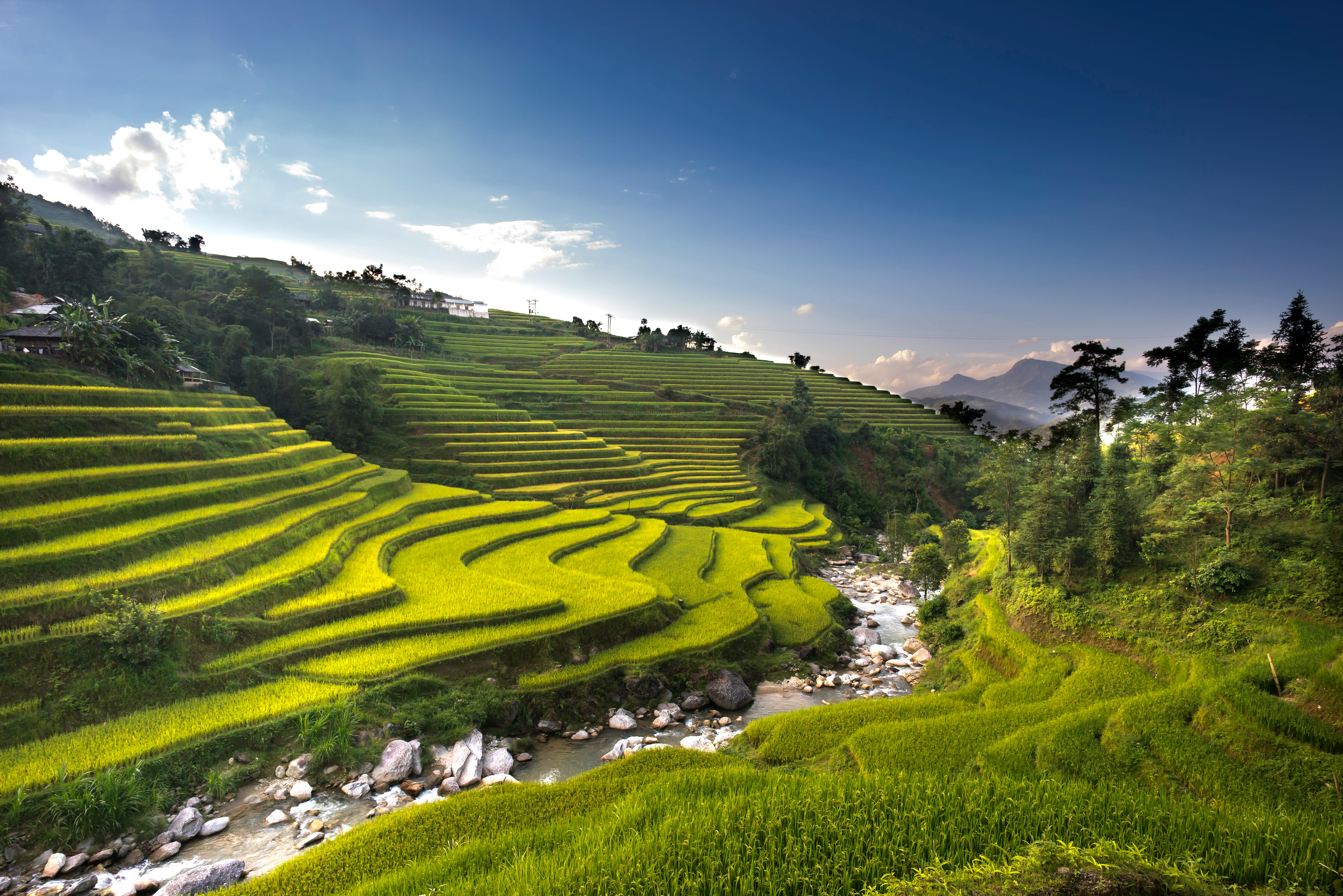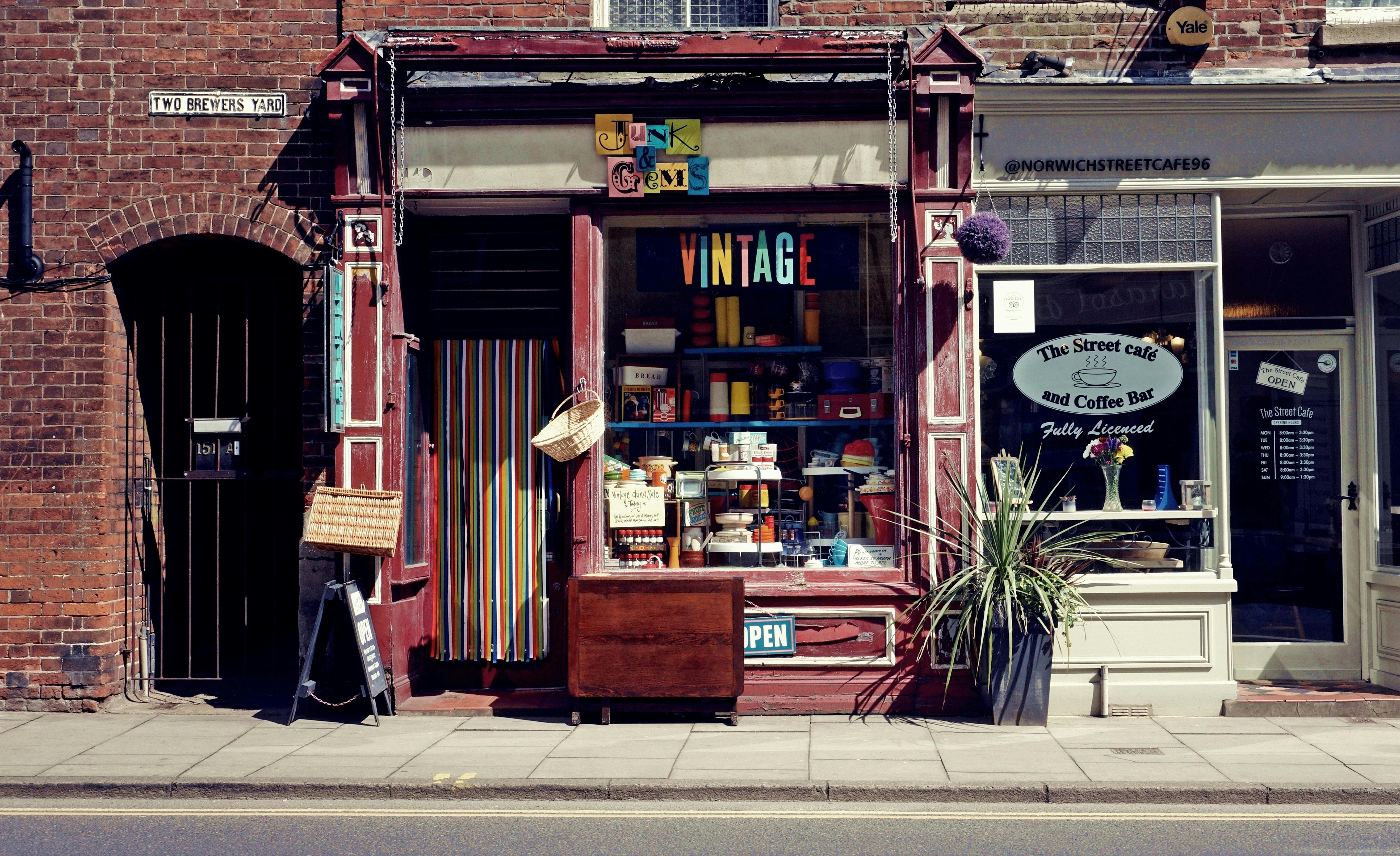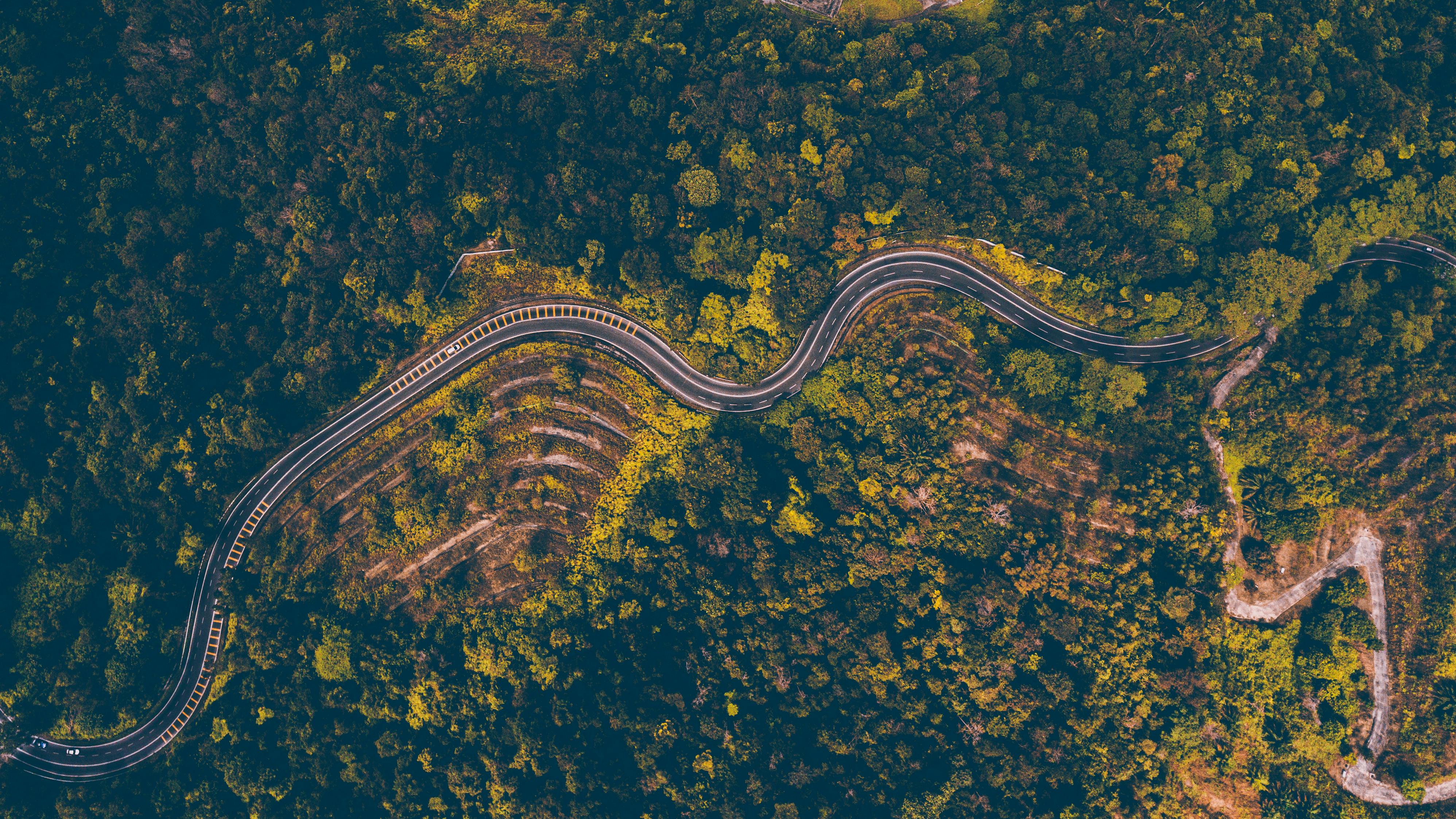I will never forget the day my mom told me to wash the strawberries. Like a typical inquisitive 4-year-old, I asked, ‘Why?’ Because fruit pickers pick their noses was his response. Then I washed them, sometimes.
Now, at 31, I buy organic, which must mean snot-free, and of course, it better be pesticide-free. But as a medical student with a wife, two children, and a mortgage, buying organic produce puts a strain on your wallet.
Demand for organic has increased, especially in Seattle, which has brought the cost down a bit; but not enough during tough financial times.
So I’m wondering which of the non-organic vegetables and fruits are the safest to eat? A watermelon looks tough, it has a big thick skin. A juicy, thin-skinned peach must be really tasty to insects, so growers must spray it.
Obviously, this reasoning is not foolproof and did not put me at ease when buying non-organic products.
To do? I enrolled in medical school, made it to my second year of nutrition course, and found out which are the twelve most pesticide ridden fruits and vegetables. Good plan Ben. $50,000 later, I now know what the twelve are.
Out of cash again, I needed to refresh my memory. By doing so, I thought it could also benefit the public. This information is not new, but it may definitely be new to you.
So which are the most toxic? This information is collected from FoodNews and they collected the information from the Environmental Working Group.
Most popular fruits and vegetables with higher pesticides
- apples
- Peppers
- Celery
- cherries
- Grapes (imported)
- nectarines
- peaches
- pears
- potatoes
- red raspberries
- Spinach
- strawberries
So my raison d’être for fine skin products wasn’t all bad. I would never have guessed the potatoes though.
So what is to be done? Do not eat these sprayed fruits and vegetables? quite Definitely do not feed them to your children. The body mass of a child is much less than that of a fully grown adult. So it doesn’t take a lot of non-organic strawberries to inflict potential damage on a small one. The best method is to buy these twelve organic. If you can’t, wash them with the pesticide-removing soaps they sell at good stores. There will still be poisons harbored in the product, but at least diminished. You can also peel apples and other skin products, but then you lose nutrients along with some pesticides. So you might as well go eat something plastic as it is toxic and has no nutritional value. Organic is the best bet.
Spend your scant dollars on these twelve organic fruits and vegetables, or keep them away from your kids.
Now that you’ve bought expensive organic strawberries, what are the safest non-organic fruits and vegetables?
Most popular fruits and vegetables with fewer pesticides:
- Asparagus
- Lawyers
- bananas
- Broccoli
- Cauliflower
- Sweet corn)
- kiwi fruit
- Onions
- handles
- papaya
- pineapples
- Peas (sweet)
To prevent you from writing all this down, I have provided you with the option to view the FoodNews Wallet Guide [http://www.healthegoods.com/content/walletguide.pdf]. Cut out the guide and keep it in your wallet. Go shopping without the guesswork. For those of you who want to know the details of the Environmental Working Group’s report on Organophosphate Insecticides in Baby Food, you can view it.
Enjoy your purchases without worries. If there is something that is on your mind, please let me know. I will do my best to answer your health questions.
In health,
Good
(c) 2005 Benjamin Lynch of HealthE Goods




